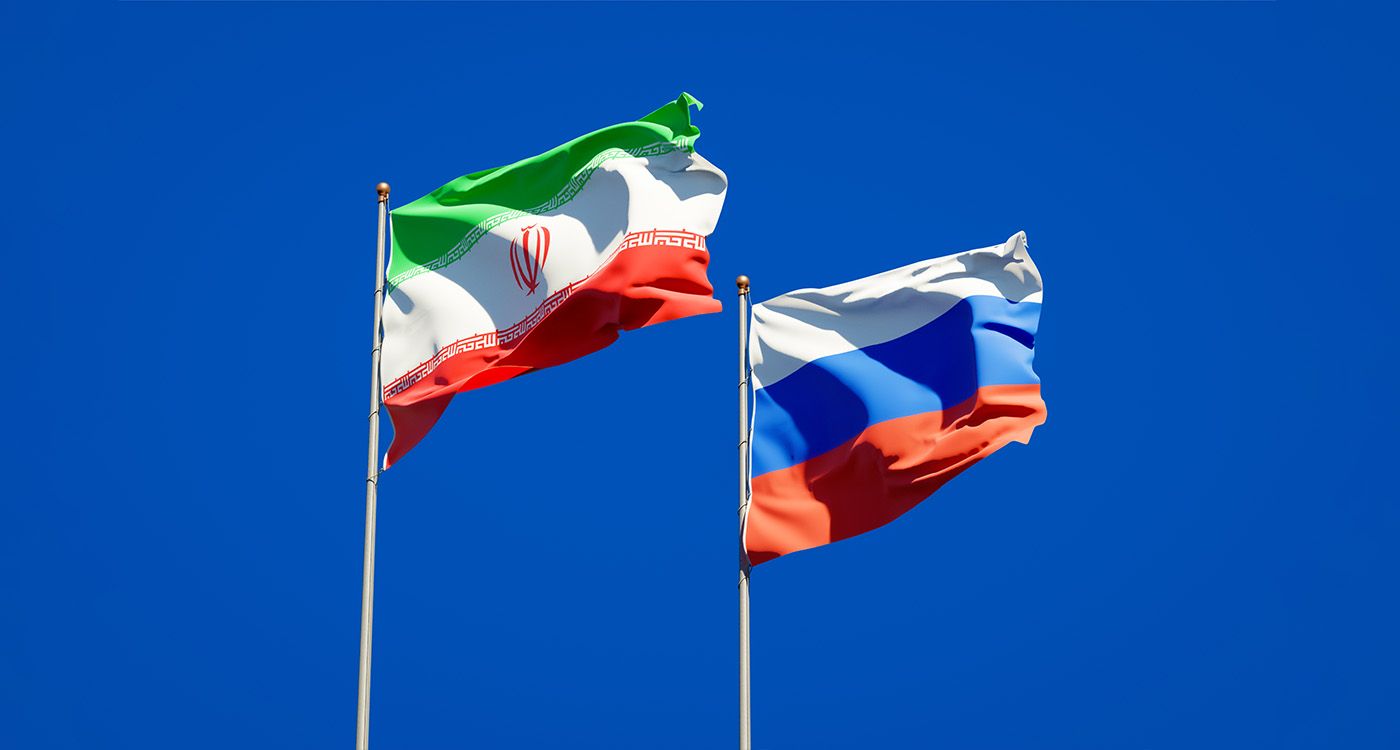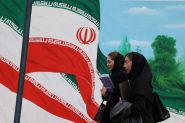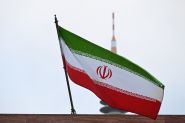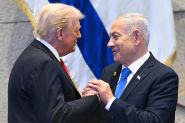- Home
- Middle East
- Unholy Alliance: The Dark Forces of Iran and Russia Undermining the Middle East

©Shutterstock
The relationship between Russia and Iran has always piqued interest, often characterized as a unique alliance shaped by the complex geopolitics of the Middle East. This partnership has been notably reinforced through their mutual support for the Assad regime in Syria, enabling both nations to strengthen their military and economic connections. However, the dynamics of their alliance are complex and challenging.
Andrew Tabler, a senior fellow at the Washington Institute for Near East Policy, recently provided insights on this evolving relationship in a commentary with the Wall Street Journal. He observed that recent regional dynamics shifts have begun to pressure their collaboration. As Russia wrestles with internal issues, Iran is reassessing its strategies, particularly in light of Hezbollah's waning power.
Russia's ambition to reposition itself in the Middle East requires a careful balancing act. While it seeks to maintain its support for Iran, it must also consider its national interests in the region. On the flip side, Iran views Russia as a key ally in its efforts to counter US influence, though it remains cautious of any Russian actions that might undermine its long-term goals. This balancing act reveals the complexities of their alliance and highlights the impact of broader external factors.
This transformation, albeit still in its early stages, is of great significance for regional stability. It has the potential to shake up local dynamics, creating avenues for cooperation as well as risks of conflict. For US foreign policymakers, comprehending the complexities of the Iranian-Russian relationship is vital to effectively maneuver through this unpredictable terrain.
Jon Alterman, who directs the Middle East Program at the Center for Strategic and International Studies, recently addressed this volatile backdrop. In an article, he underscored the urgency for US leaders to enhance their strategies regarding engagement with Vladimir Putin. With both Putin and Iran's Supreme Leader Khamenei facing considerable internal challenges, the Syria situation has diminished in importance for them, increasing vulnerability among key players in the region.
The collaboration between Russia and Iran has taken on various forms, with Russia offering Iran critical intelligence, diplomatic backing, and military resources. In return, Iran has provided Russia with substantial weaponry, establishing a partnership that could shape global politics for years to come. This collaboration extends to military intelligence and arms support for Iranian groups like Hamas, Hezbollah, and the Houthis, illustrating their joint efforts in various ongoing conflicts.
While it's easy to perceive this alliance as a direct response to both nations' opposition to Western influences, it's essential to acknowledge the underlying tensions and differing interests that could make the partnership more fragile than it appears on the surface.
Today's Middle Eastern landscape is laden with challenges that also present opportunities for the US and its allies, who are working to navigate these shifting dynamics. One noteworthy aspect of this evolution is the changing nature of the Iran-Russia relationship, influenced increasingly by a variety of regional and international players.
In the United States, Iran and Russia are often perceived as a united front against American interests. While they share a common enemy and similar systems of government, understanding the distinct differences between the two nations is paramount.
Both countries are petrostates vying for influence over the same markets and disputing who should be the dominant power in regions like the Caucasus and Central Asia. Their approaches to the Middle East also vary significantly. Besides their shared goal of challenging Western influence, they lack a coherent international agenda. Their strategies regarding the US reveal these differences as well—Russia has been seen supporting Donald Trump in past elections, while Iran took more aggressive actions against him.
US policymakers should regard them as temporary allies brought together by circumstance rather than a cohesive vision. As the new Trump administration formulates its foreign policy strategies, experts are advocating for a more comprehensive approach to disrupt the support that Russia lends to Iranian proxies. Still, treating Iran and Russia as a singular threat may complicate effective countermeasures. Washington needs to create avenues for division between the two, recognizing that while their partnership holds significance, it is also profoundly nuanced and complex.
Read more




Comments